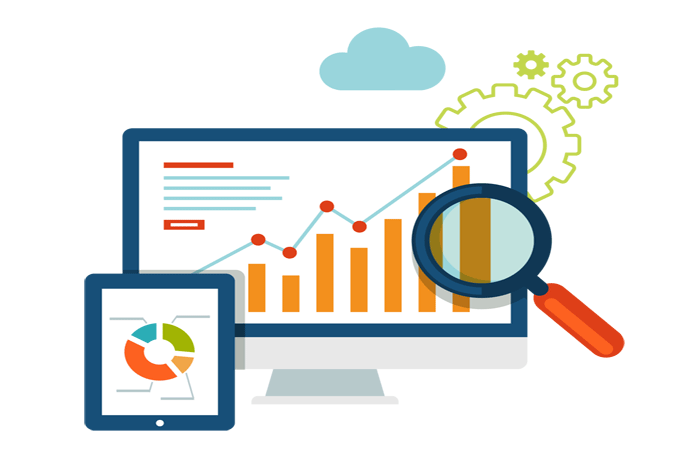Top Tools and Software for Market Research
Understanding Market Research
Market research is the process of gathering information about a specific market to analyze its characteristics, trends, and potential opportunities.
It involves collecting data from various sources, such as surveys, interviews, and observations, to understand consumer behavior, preferences, and needs.
By conducting market research, businesses can make informed decisions, identify target markets, and develop effective marketing strategies.
Understanding market research is crucial for businesses to stay competitive and meet the changing needs of their customers.
Key Features to Look for in Market Research Tools
When choosing market research tools, it is important to consider the following key features:
1. Data collection capabilities: Look for tools that offer various methods of data collection, such as online surveys, focus groups, and social media monitoring.
2. Data analysis capabilities: The tools should have advanced analytics features to help you interpret and analyze the collected data effectively.
3. Reporting and visualization: Look for tools that provide clear and visually appealing reports and dashboards to present the research findings.
4. Integration with other systems: Consider tools that can integrate with your existing systems, such as customer relationship management (CRM) software, to streamline the research process.
5. User-friendly interface: Choose tools that are easy to use and navigate, even for non-technical users.
By considering these key features, you can select the most suitable market research tools for your business needs.
Top Market Research Tools and Software
There are several market research tools and software available in the market. Here are some of the top ones:
1. SurveyMonkey: A popular online survey tool that allows you to create and distribute surveys to gather valuable customer feedback.
2. Qualtrics: A comprehensive research platform that offers advanced survey design, data analysis, and reporting capabilities.
3. Google Analytics: A web analytics tool that provides valuable insights into website traffic, user behavior, and conversion rates.
4. SPSS: A statistical analysis software widely used in market research to analyze and interpret complex data.
5. HubSpot: A CRM and marketing automation platform that can be used for lead generation, customer segmentation, and market analysis.
These tools provide businesses with the necessary features and functionalities to conduct effective market research and gain actionable insights.
Benefits of Using Market Research Tools
Using market research tools offers several benefits for businesses:
1. Better decision-making: Market research tools provide valuable data and insights that help businesses make informed decisions and develop effective strategies.
2. Understanding customer needs: By collecting and analyzing customer data, businesses can gain a deeper understanding of their target audience’s preferences and needs.
3. Identifying market opportunities: Market research tools help businesses identify potential market gaps, trends, and opportunities for growth.
4. Improving marketing campaigns: By analyzing customer behavior and preferences, businesses can optimize their marketing campaigns to reach their target audience more effectively.
5. Staying ahead of competitors: Market research tools enable businesses to monitor competitors’ activities and stay updated with the latest market trends and developments.
By leveraging market research tools, businesses can gain a competitive edge and drive success in their respective industries.
Tips for Maximizing the Value of Market Research
To maximize the value of market research, consider the following tips:
1. Define clear research objectives: Clearly define what you want to achieve through market research to ensure focused and meaningful results.
2. Use a combination of research methods: Combine different research methods, such as surveys, interviews, and focus groups, to gather comprehensive data.
3. Target the right audience: Ensure that your research sample represents your target audience to obtain accurate and relevant insights.
4. Regularly update your research: Market dynamics change rapidly, so it is important to regularly update your research to stay relevant and up-to-date.
5. Act on the research findings: Use the insights gained from market research to make data-driven decisions and implement necessary changes in your business strategies.
By following these tips, you can extract maximum value from your market research efforts and drive business growth.


